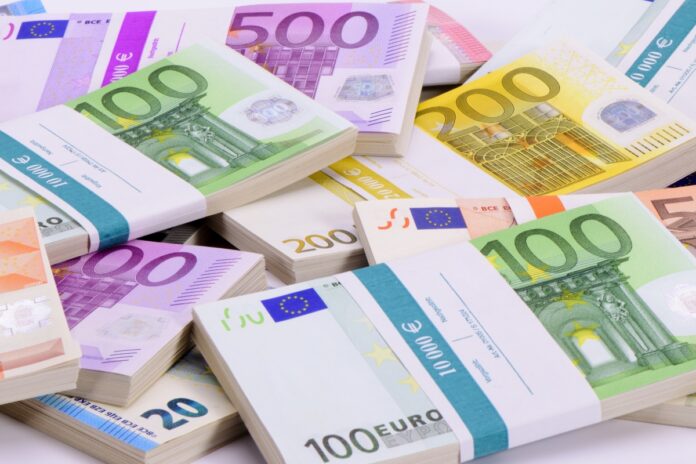Orange Bank’s Afterbanking Observatory of New Banking Uses analysed the impact of lockdown on people’s spending habits in France.
This study covered more than 4.5 million anonymous bank card transactions made during the months of February and March in France. The transactions for each day in March were compared to the same day in February.
After an increase of 22% in the use of bank cards compared to the previous month on Monday 16th March – just before the lockdown announcement in France – the total amount of card transactions fell by 40 to 50% each day.
The same applies to cash withdrawals: after a peak of 46% on 16th March, they were 50 to 60% below their usual level.
Yet although the number of transactions decreased, the amounts per individual card payment increased by nearly 30%, interpreted as an indication that spenders are concentrating on a limited number of purchases.
Contactless payments
Seen as a barrier against the transmission of the COVID-19 virus, secure contactless payment have led to a surge in mobile payments, via telephone, with purchase amounts 60% higher than usual.
With this in mind, Orange Bank raised the limit for mobile payments for its customers, to make life easier, from €1,000 to €1,500 during lockdown.
Two-thirds of mobile payments are made before 1pm, whereas in ‘normal’ times, they were split evenly between the morning and afternoon.
Lastly, online purchases were up by nearly 30% at the end of March compared to the end of February: spending on entertainment (video games, music and streaming) almost doubled at the end of March, compared with the end of February.
Paul de Leusse, CEO of Orange Bank, concluded, “The lockdown period we are going through has unsurprisingly led to a change in payment habits and methods. Customers have quickly adapted to this unprecedented situation, making mobile payment a real alternative to cash or credit card payments.”


